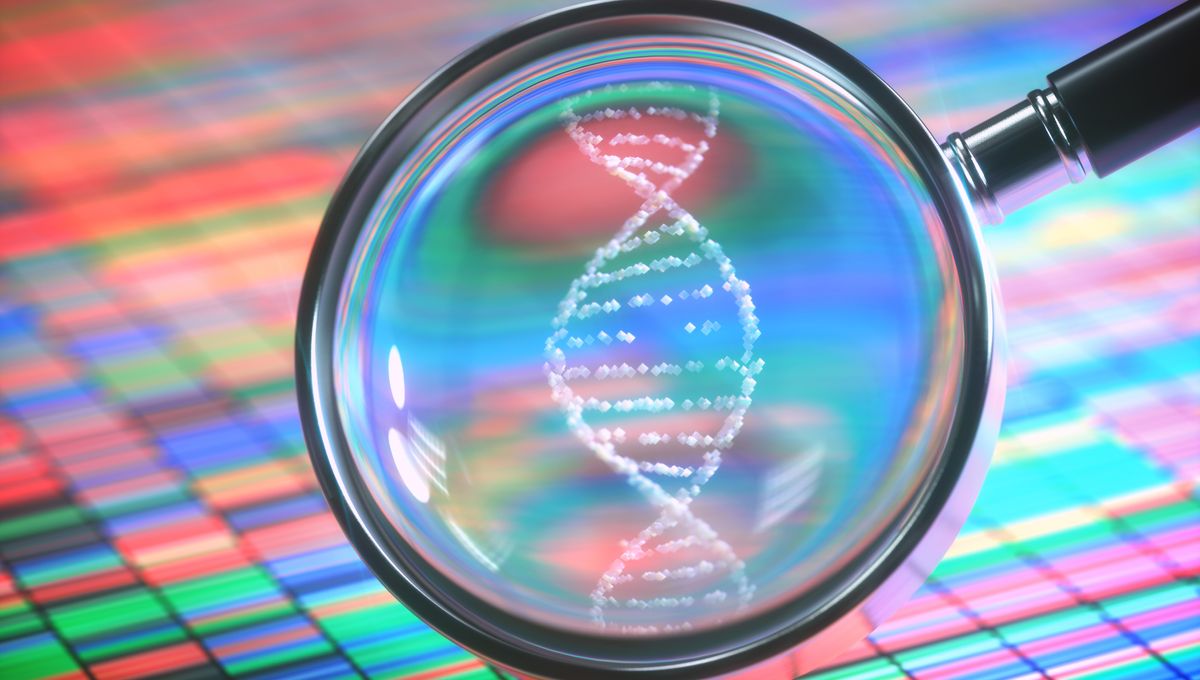
Scientists might have succeeded in sequencing the entire human genome, but that doesn’t mean they aren’t still learning new things about it. Case in point: a new study has found that some parts of our DNA are acquiring changes much more rapidly than previously thought.
Changes in the genome are known as mutations. That word is often thought about in a negative context, but mutations are also useful – they’re the driving force of evolution. By identifying how often new mutations occur, we can understand more about this process, as well as human health and disease.
Trouble is, determining the rate of new mutations – known as de novo mutations, meaning they’ve not been inherited from previous generations – is easier said than done. There are certain parts of the genome that are highly susceptible to mutation, but they’re also notoriously difficult to study.
At least that was the case until a team of researchers from multiple institutions got a hold of the problem. Using five different DNA sequencing technologies – some designed to take a look at large-scale changes while others pinpoint some of the smallest – they were able to piece together a high-resolution story of human genetic variation over time, even in the highly variable regions that study author Dr Aaron Quinlan described in a statement as “previously untouchable”.
To do this required not just advanced technology, but also DNA – specifically, that of a 28-member family that spanned across four generations. “A large family with this breadth and depth is an incredibly unique and valuable resource,” explained study author Dr Deborah Neklason, a research associate professor of internal medicine at the University of Utah’s Spencer Fox Eccles School of Medicine. “It helps us understand variation and changes to the genome over generations in incredible detail.”
Thanks to that detail, the team was able to determine that with every new generation, there are between 98 to 206 new mutations, many of which occurred in previously difficult-to-study regions known as short tandem repeats and variable number tandem repeats.
“We saw parts of our genome that are crazy mutable, almost a mutation every generation,” said Quinlan.
Having this kind of information has potential applications in medicine, particularly when it comes to helping people understand their risk of passing on diseases associated with genetic mutation, a process known as genetic counseling. For example, if we know that an existing child has a disease that’s been caused by a mutation in one of those highly variable regions, rather than having inherited it, any future siblings they might have are less likely to have the same disease.
However, the current potential to wield that information is limited by the fact that it can’t yet be said that the mutation rate identified by the researchers applies to every human family out there – it could just be unique to this specific family.
“We saw really interesting stuff in this one family,” said Quinlan, but the next step will be to answer the question: “How generalizable are those findings across families when trying to predict risk for disease or how genomes evolve?”
The study is published in Nature.
Source Link: Some Parts Of Human DNA Might Be Evolving Way Faster Than Scientists Thought